|
It is always a joy to be contacted by people via this website, and recently I was delighted to hear from 18-year-old Canadian climber Madison Fischer (pictured in action above).
Hailing from Ontario, Fischer was introduced to climbing at her local gym at the age of 11. She was soon hooked, winning the Youth Nationals within three years and now representing Canada in Open competitions all over the world. Climbing isn't Fischer's only speciality, however. She is also a keen student of everything to do with the sporting mind, and she has already written an impressive series of thought-provoking posts on her website. Her blog features insights into everything from what it takes to be a champion to body image to the considerable benefits of giving up social media - and it comes highly recommended. One of her latest articles compares the chances of making it to the top in sport to the odds of winning the race to be selected as an astronaut. Is it realistic? No. Is it worth going for it? Of course. But the only way to pull it off is to ignore all the doubters - many of them well-meaning family and friends - along the way. This is what success is really about in any field, and Fischer rightly concludes that the highest echelons are populated by what she beautifully terms this 'ignorant few' who are able to cast a blind eye to all logic and good sense... simply in order to chase their dreams. Something tells me Madison Fischer is well on her way to joining them.
0 Comments
Victoria Pendleton sure loves challenges. The double Olympic cycling gold medallist has already tamed National Hunt horse racing and today she announced she is taking on the big one: Mount Everest. Getting it wrong on a bike or a horse and you might get beaten up but you’re likely to live to tell the tale. By contrast mountaineering takes everything to a new level. In the 64 years since Edmund Hillary and Sherpa Tensing first reached the top of the world, 280 people have died attempting to repeat the feat. Moreover, despite her run of success and glory on track and off, Pendleton has always been one of those sportspeople who have had to fight hard to win the belief required to perform. Luckily she is still able to draw on what she learned as a cyclist through the mentoring of Team GB sports psychiatrist Steve Peters. ‘The key to getting in the Zone is mental preparation,’ Pendleton tells me in In The Zone. ‘It’s a lifelong process, like physical training – and it becomes easier, the more you practise it. Some people naturally have a level of confidence which never falters. Then there are others who have slight insecurities. I’m one of those people. So it’s something I had to work hard on. It’s about eliminating negativity to focus on the task in hand without any doubts or distractions.’ Pendleton’s ability to focus will be tested to the limit during her May 2018 attempt on the world’s highest mountain, where she will be accompanied by TV adventurer Ben Fogle plus a team of sherpas and experienced mountaineers. But if Pendleton needs any extra advice on how to make such a switch of sports, she should turn to Japanese racer Ukyo Katayama, who raced in Formula 1 for six years in the Nineties before taking to the mountains. ‘Throughout my whole life I have sought new ways to exercise my mind and when I stopped F1 I had to find a new challenge,’ Katayama told me in Overdrive. ‘Driving racing cars and climbing mountains look completely different but they are actually very similar. For both racing drivers and mountaineers the battle is totally within, against yourself. ‘In Formula 1 you’re always pushing to gain thousandths of a second under braking, and you have to push yourself in exactly the same way on the mountains. One in 13 mountaineers dies due to falls, hidden crevasses and avalanches. Everyone living on the edge like that is the same. In my case, it is only in an environment like that I can feel truly free.’ This may seem like a curious type of freedom to those of us who have spent our lives nearer sea level, venturing up into the skies only inside a pressurised cabin. Mention the Zone to a mountaineer and they’ll think you’re talking about the ‘Death Zone’, the notorious height above which the effects on the human body are most dangerous. As one such adventurer told me: ‘Going up is optional, coming down is compulsory…’ For Katayama the act of pushing limits is the end in itself. In 2002 he even failed in a bid to climb Mount Everest, reaching the Southern Peak when his Sherpa broke his arm within sight of the summit. Katayama tried dragging him up until he started to run short of oxygen and he opted for the ‘compulsory’ downhill bit. He still enjoys the memories regardless of the outcome… ‘I was 60 metres from the summit of Mount Everest and I could see amazing views,’ he says. ‘I can’t stay in the safety zone, I have to push and find new limits. The main thing is to take the plunge. If you spend your life protecting yourself you may not fall down but you won’t achieve anything either. The only real way to live life is to fight. The most important thing is to know what you want to do. That’s all you need.’ Victoria Pendleton certainly knows what she needs, and she’s prepared to fight for it. Reaching this ultimate peak will require facing nature at its most brutal but there is payback. Indeed these extremes took Katayama beyond the confines of his usual mental state, triggering an extraordinary overhaul in the efficiency of his eyes, ears and nose. ‘When I am in the mountains and especially if I have been above 7000m for a whole month the sensations become hard to express in language,’ he says. ‘The best way I can describe it is that it feels like my body goes to liquid. I have no motivation and no need to own anything. It’s easy to forget to eat and drink. You can’t feel how cold it is, you just feel part of nature. ‘After that length of time my senses become so acute I can even smell danger. Before an avalanche I can feel something is wrong – maybe I sense a change in temperature – then 30 seconds later it happens. The message comes from outside, it’s just your senses working to their full ability.’ The secret to reaching this level of perception is to de-clutter the mind. Paradoxically it is far more attainable in such fearsome environments than in the comparative safety of daily life. Katayama still hasn’t slowed down, now running ‘Team Ukyo’ that has achieved success both in Super GT motor racing (where Jenson Button will compete in 2018) and road race cycling. Katayama insists we can all find this magical state of mind, just by getting active. ‘I’ve never had a feeling like that sitting in front of a computer,’ confirms Katayama, ‘because I’m always thinking about how to make money or my family. It’s impossible to find it. Motor racing’s the same: you worry about keeping your seat until you get in the car, when you block all that out. But you don’t even need to be in a car; it can be on a bike or walking. People have such good powers of concentration – and everyone has this potential within them.’ |
AuthorClyde Brolin spent over a decade working in F1 before moving on to the wider world of sport - all in a bid to discover the untapped power of the human mind. Archives
October 2024
Categories
All
|
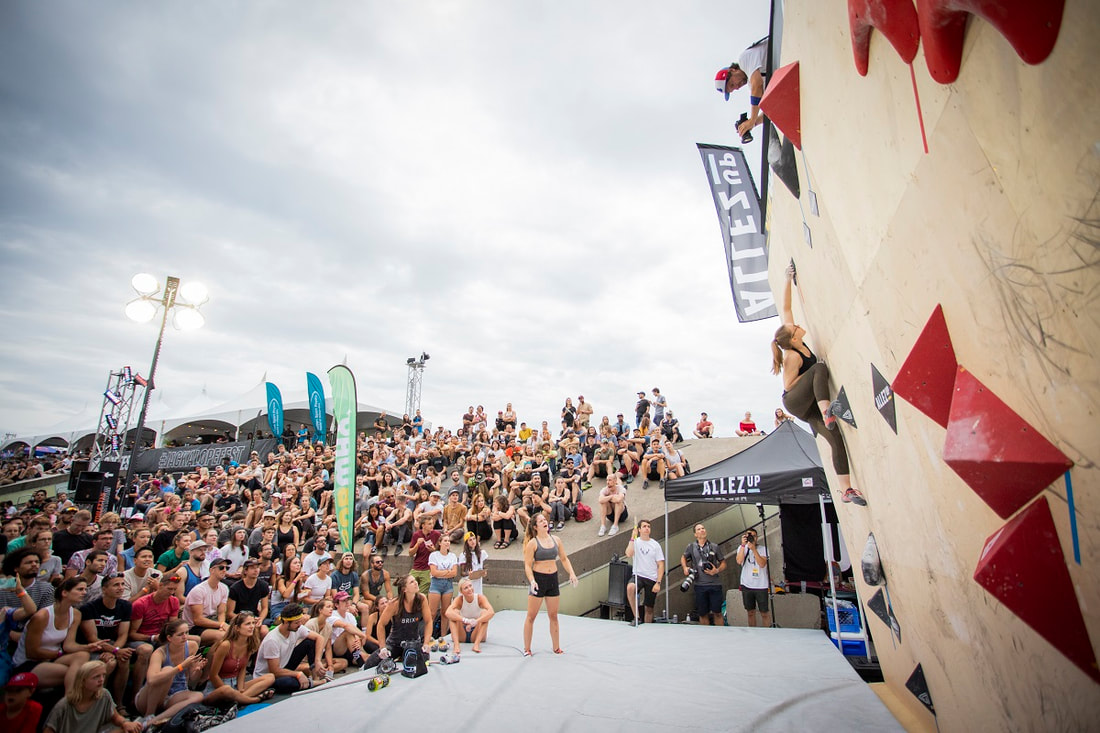
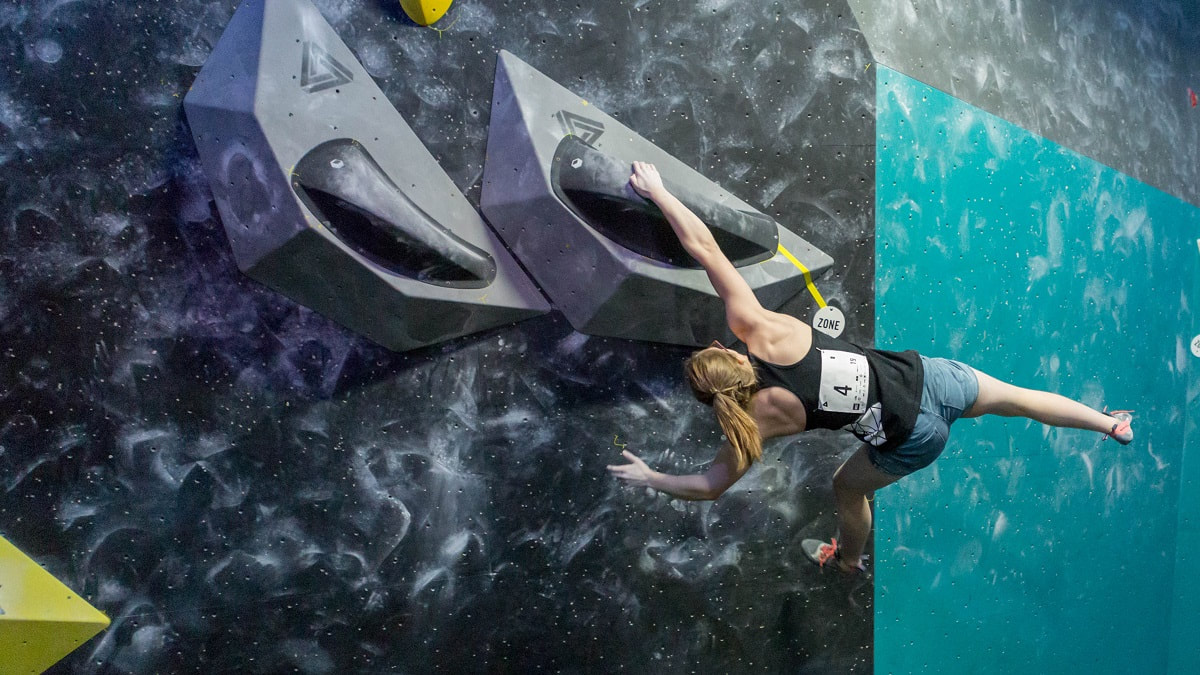
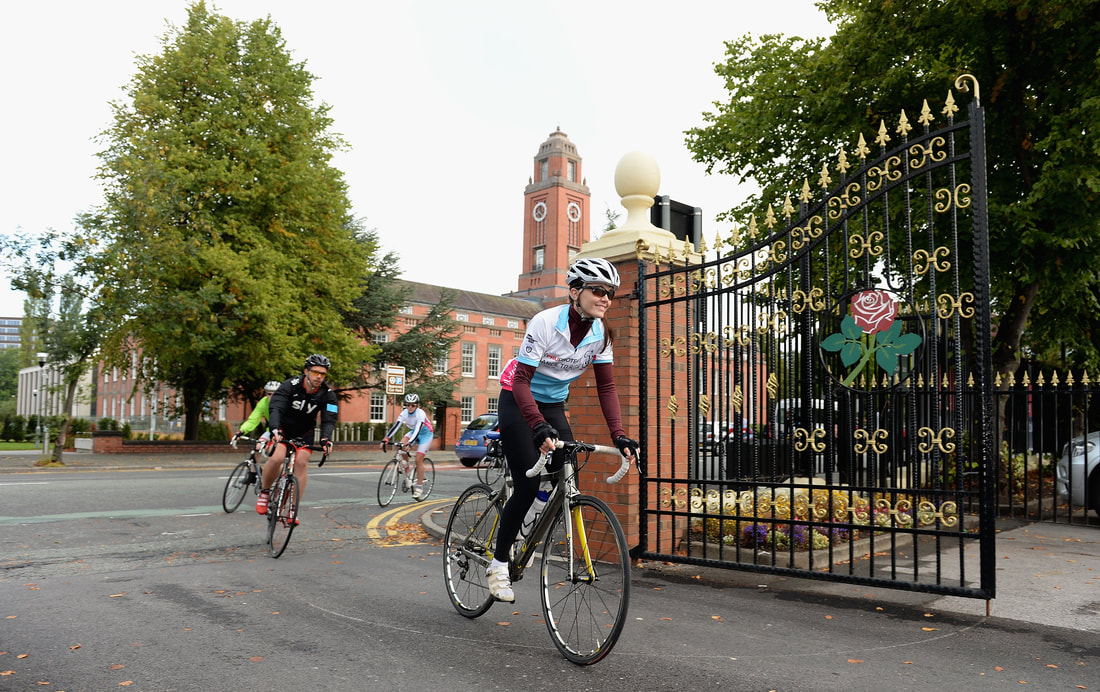

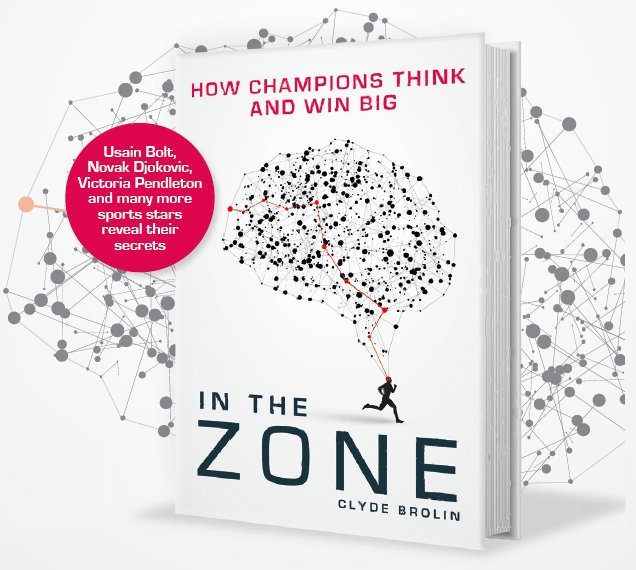
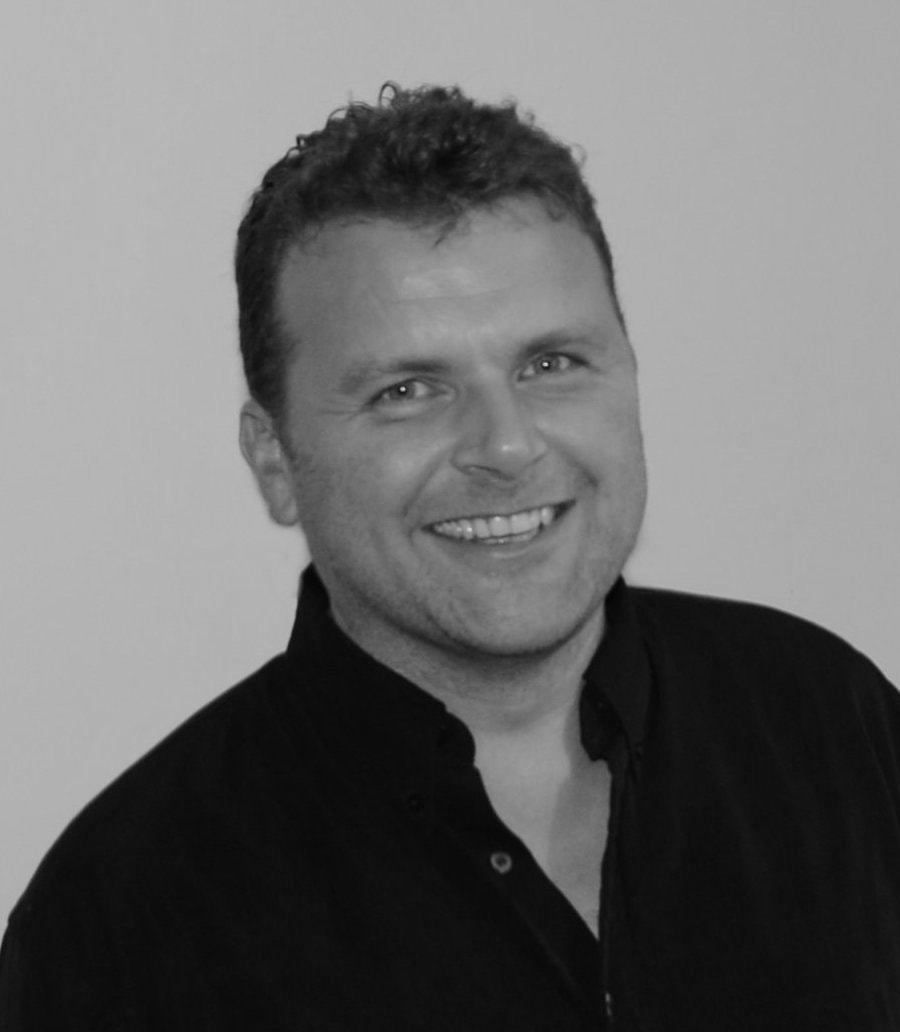
 RSS Feed
RSS Feed

